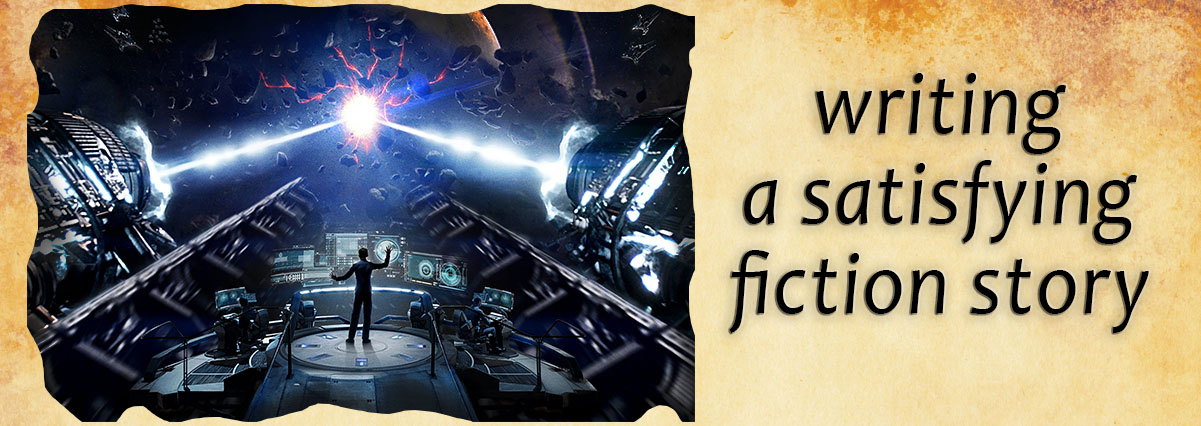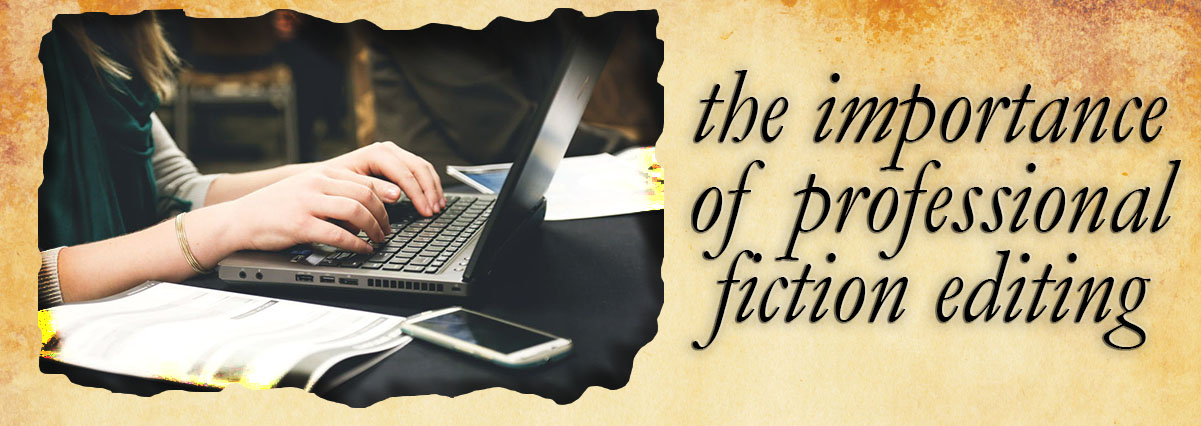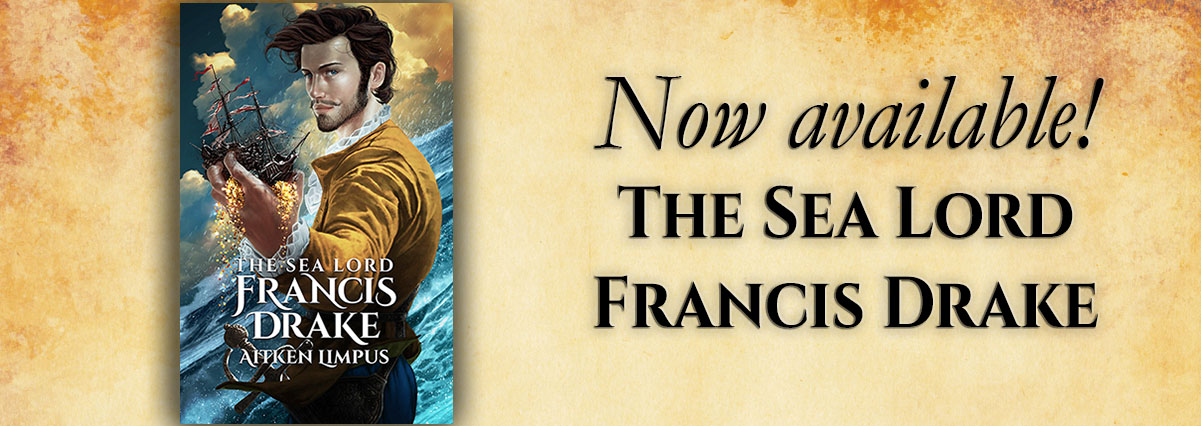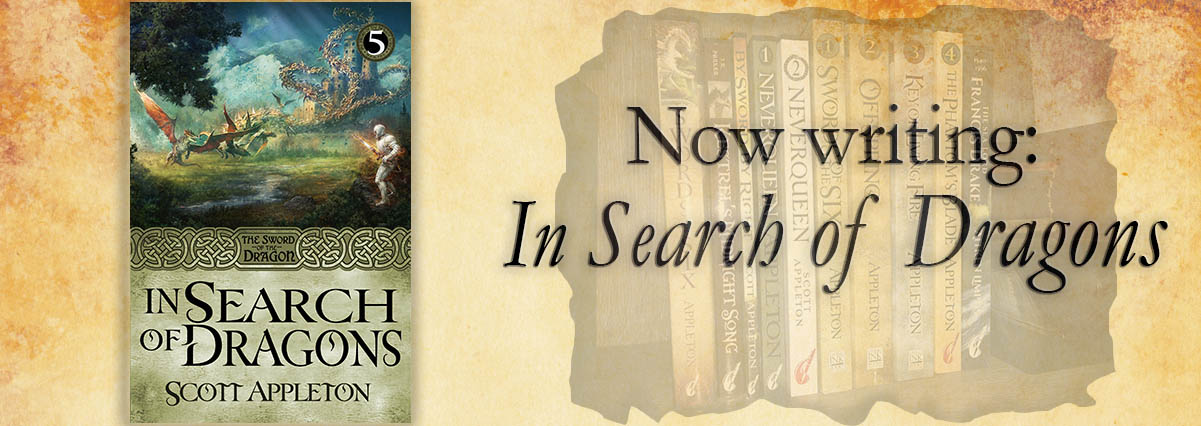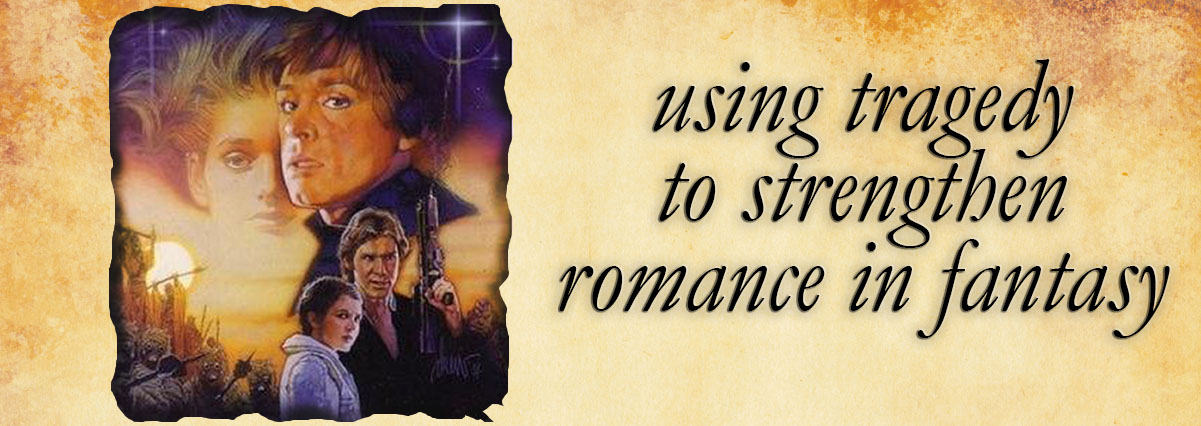How to write a satisfying story
Recently I read Ender’s Game by Orson Scott Card for the first time. Truly it is a fantastic read. Deep characters that stick with you from page to page, interactions that keep you hooked, and concepts that are epic on a galactic scale. But other than thoroughly enjoying the story, I recognized something about the writing that was instructional for me as an author. Orson Scott Card crafted such a complex set of characters and events that it would have been easy for him to leave some story threads hanging… instead he managed to satisfy all threads, leaving me fully sated and eager to pick up his other books.
Many editors and writers refer to loose story threads as cliff hangers. It is the tendency of fresh out-of-the-gate writers to use cliff hangers at the end of every chapter, sometimes almost every scene. I’ve even heard that recommendation made on stage by professionals, and I’ve read it in some well-meaning books and on some blogs.
Don’t get me wrong! Cliff hangers are a powerful story tool. However, it is taxing on the reader’s brain to leave a million story threads unfinished. The trick is to leave enough threads hanging that it sucks the reader deeper into the story when you are writing a series of novels, while also wrapping up enough threads to satisfy them.
My recommendation is to treat the story as a mixture of completed threads and of loose ones. This way the reader is pulled in, finishes the first couple of chapters, feels satisfied and intrigued, and is able to go to sleep without that frustration of, “But why did this part of the story happen? It was the middle of a scene! Shucks, now I can’t sleep.”
Have you noticed that television series of today rely on serialized storytelling instead of the older Twilight Zone type of stand-alone episodes? Television is (many often forget) written before it is produced, making it worthwhile to compare not only books but also television and movies. While it is wonderful that series like Stranger Things can develop such well-written stories that leave you on the edge of your seat, I personally find it exhausting. I want to know the end, so I have often binged on the series I enjoy. But the result is this lasting angst that it took that many hours of my time to understand all of the threads in the story.
If you ever watched Star Trek: The Next Generation you will understand the power of episodes that contain a satisfying story arc. They still carried you on to the next episode, but they did not require a cliff-hanger to do it. Instead they relied on great characters whose lives you wanted to follow. They didn’t force incomplete stories on the audience because they were confident of the mood, message, and concepts.
Q: Which books, movies, or television series leave you feeling uplifted and most satisfied?
